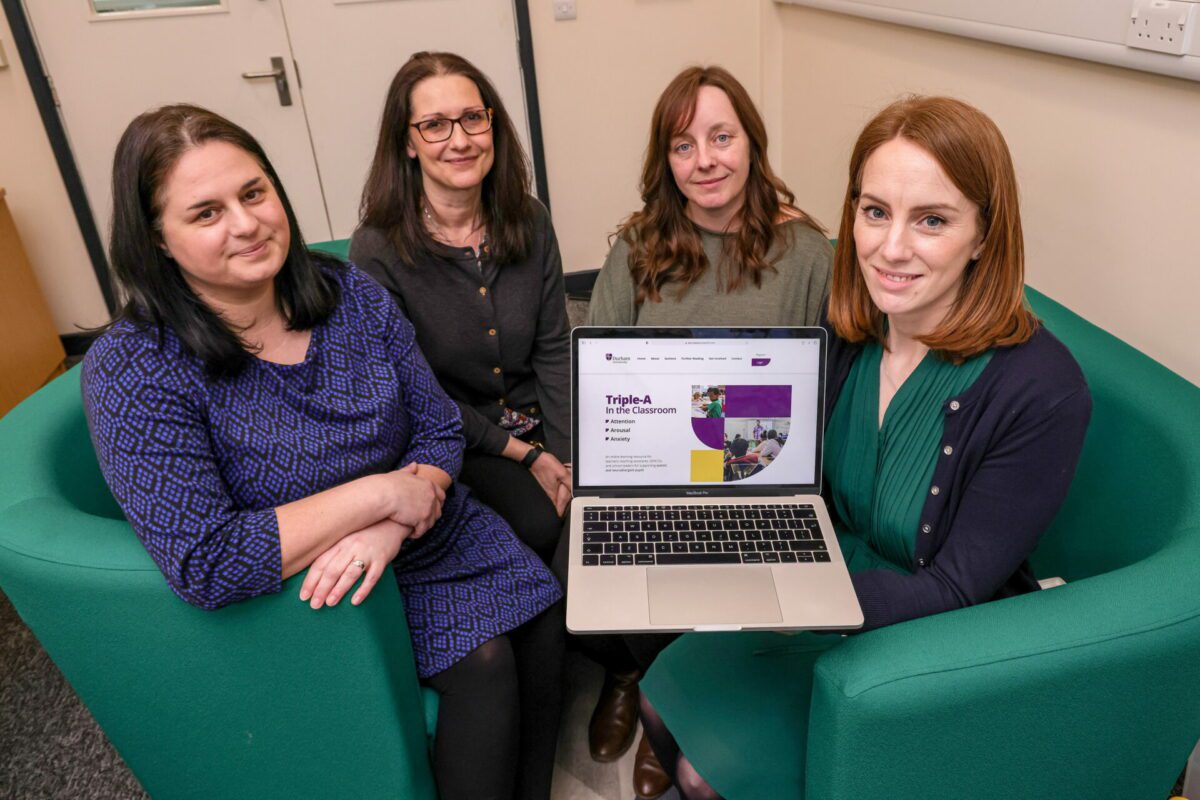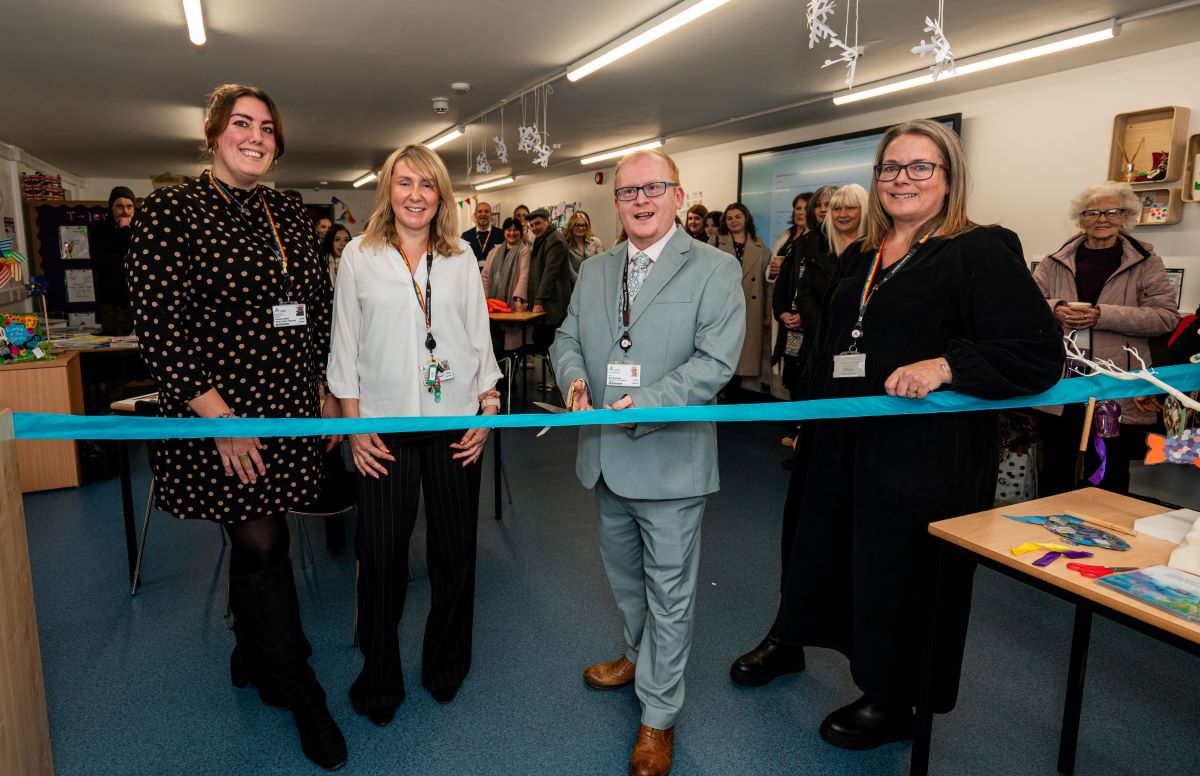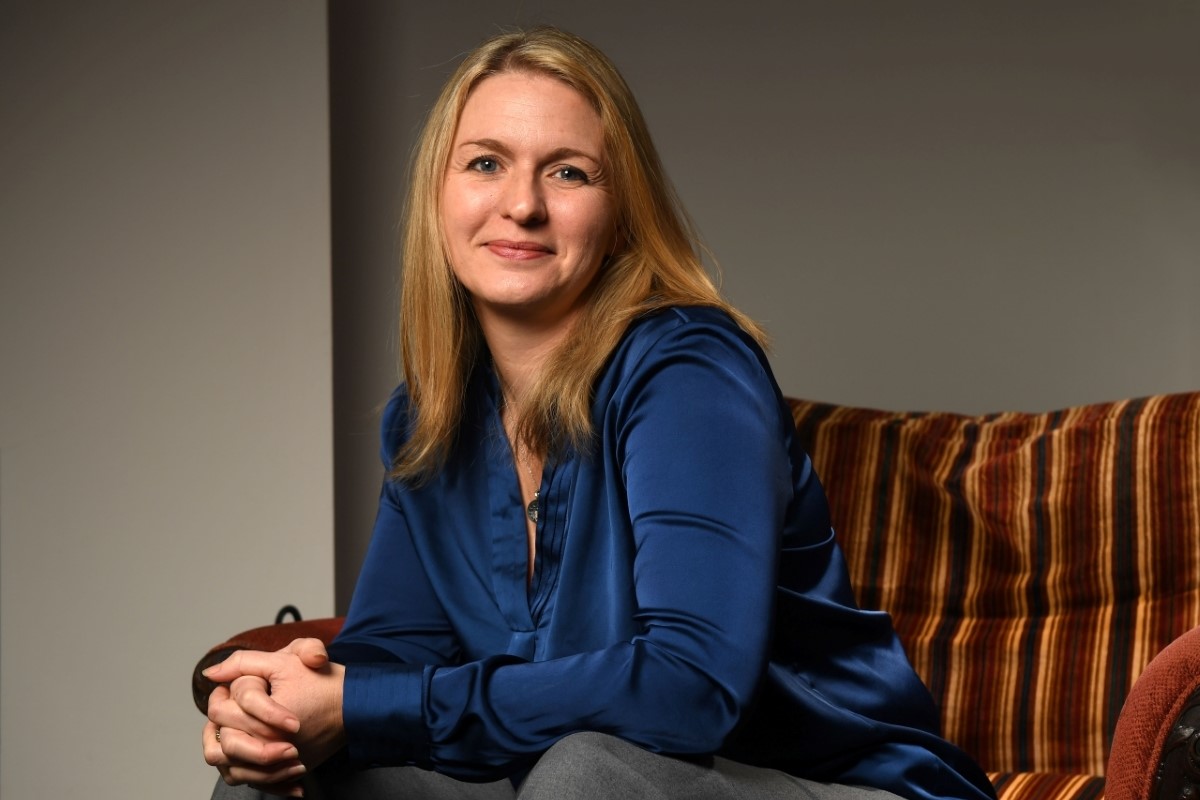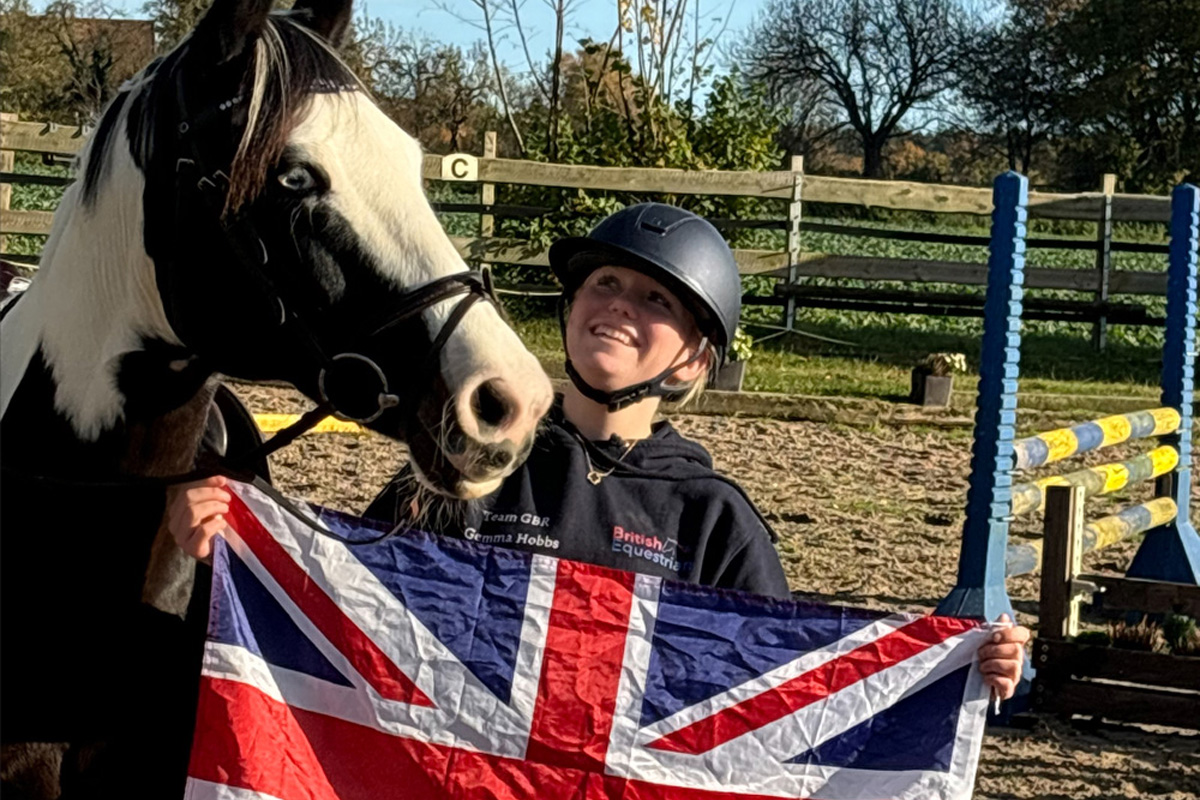Free online training launched to support education of autistic and neurodivergent pupils in school

A free online training portal, launched today aims to equip education professionals with a fuller understanding of the challenges faced by autistic and neurodivergent children and young people, and how to support them.
The ‘Triple-A’ training platform focuses on, and takes its name from, three particular areas of difficulty for children and young people who are autistic or neurodivergent.
These ‘Triple-A’ challenges of attention difficulties, arousal differences (sensory processing) and heightened anxiety, are not easily ‘seen’ but can have a significant impact on children and young people being able to achieve their best.
The new online training aims to increase knowledge of the ‘Triple-A’ issues amongst education professionals, and provides strategies to help support children. It also places a significant emphasis on the role of the classroom and school environment in presenting unique challenges for autistic and neurodivergent children and young people.
The training tool has been developed by experts at Durham University’s Centre for Neurodiversity and Development, in partnership with the Communication and Interaction Team at Durham County Council.
It is informed by findings from expert research at Durham University, which showed that attention, arousal and anxiety issues interact with one another and should not be viewed in isolation.
The practical strategies in the Triple-A toolbox provide suggestions for supporting attention, arousal and anxiety, including:
- Developing ‘sensory cool boxes’ and ‘calm down kits’ of preferred calming items tailored to individual pupils to help them regulate in times of sensory or anxiety distress.
- Guidance for organising classrooms in such a way as to reduce arousal and support attention.
- Developing the emotional well-being and regulation skills in children and young people through, for example, emotional well-being action plans.
All of the strategies provided in the toolbox are suitable for a range of different children and young people, and can be adapted to suit individual needs.
The tool has been developed with contributions from autistic people, teachers, educational psychologists, and parents of autistic children to ensure the experiences and insight of those impacted by these challenges is included.
Project lead Dr Mary Hanley, in the Centre for Neurodiversity and Development at Durham University said:
“Our research shows that these ‘Triple-A’ issues have a real impact on how autistic and neurodivergent children and young people can engage and achieve in education settings.
“It also really shows how aspects of the school environment present particular challenges for autistic and neurodivergent children and young people.
“To take these findings and translate them into a free, practical training tool for education professionals is, we hope, a great step forward in understanding and supporting the needs of these children and young people at a classroom level.
“Central to all of this has been working not just with education professionals but with autistic people and parents of autistic children, to understand their experiences and build this into our training tool.”
The Communication and Interaction Team at Durham County Council was a partner on the project and helped to develop the practical strategies within the training tool, to equip education professionals with ways to support Triple-A challenges in schools.
Cllr Ted Henderson, Durham County Council’s Cabinet member for children and young people’s services, said:
“Education is so important to a child’s development but there are additional challenges for young people with autism and other neurodevelopmental conditions, which can lead to difficulties with learning at school.
“We are delighted to have been able to combine our expertise in this area with that of Durham University to come up with this training which will help staff in schools and other education settings to support such children and assist them in overcoming any challenges they face.
“In doing so the training will help these young people perform to the best of their abilities and we very much hope that this product of County Durham will ultimately benefit children much further afield. “
The Triple-A project has also been supported by charities, including the North East Autism Society. Christine Dempster, Director of Education at the North East Autism Society said:
“All too often the support that children receive depends on where they live rather than their needs.
“Triple-A is ideal as it can be used in a wide range of educational settings to help remove barriers to learning, increase engagement, and enable pupils to get the most out of their education.
“We intend to introduce it within all our education services.”
The project to develop the training tool was funded by Research England Strategic Priority Funding and the Economic and Social Research Council Impact Accelerator Fund. It is the first step in a programme of work that will next look at developing whole-school Triple-A training.











Responses